Why Does My Dog Eat Dirt: 4 Common Causes & Solutions
Uncover why dogs munch on soil and discover steps to safeguard their health.
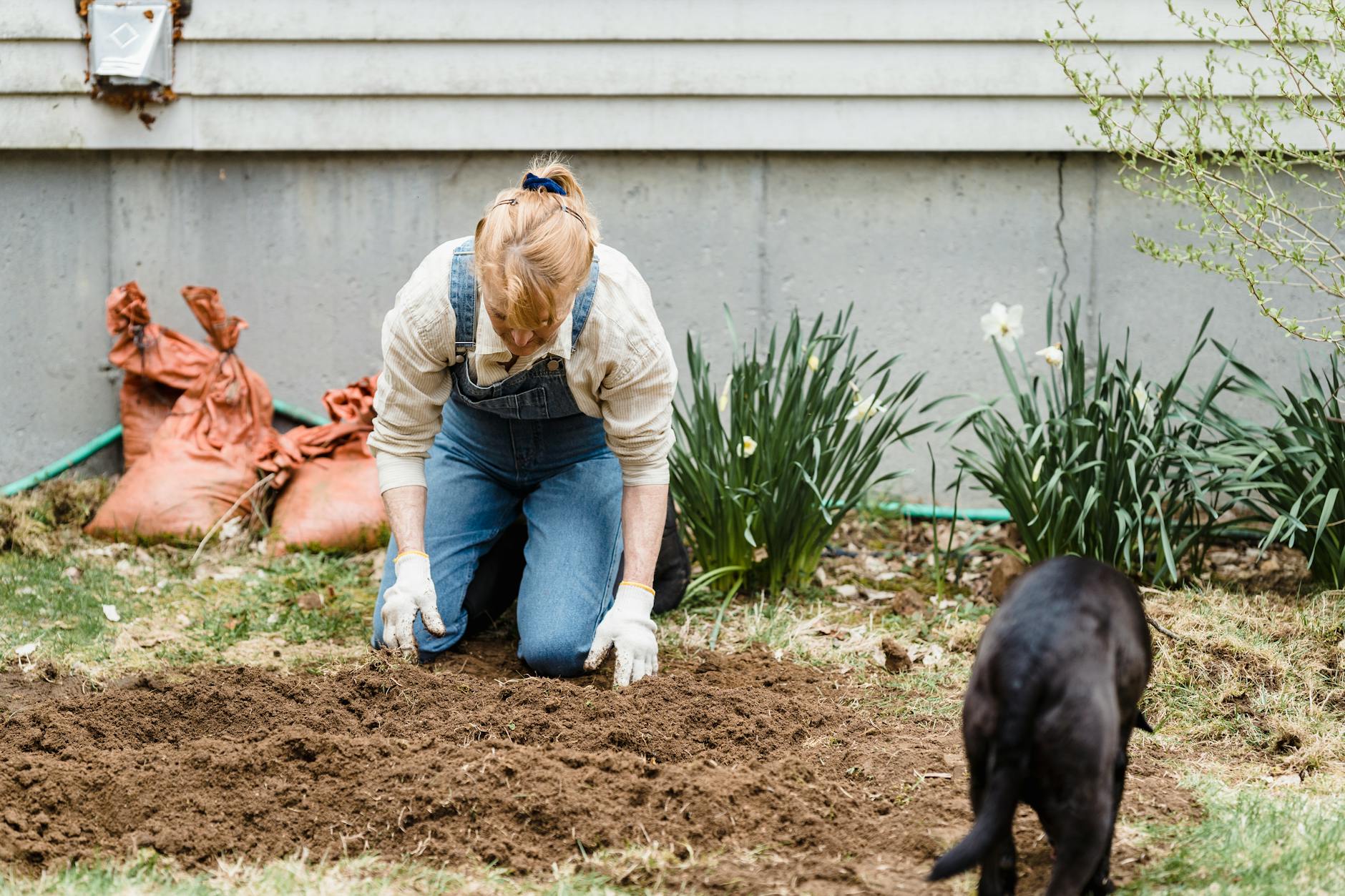
Why Does My Dog Eat Dirt? Understanding Causes, Risks & Solutions
While it’s not unusual to catch your canine companion munching on grass or sniffing around in the garden, seeing your dog actually eat dirt can be unsettling and concerning. This behavior, also called geophagia, raises important health questions for responsible pet owners. Is it normal? Is it dangerous? And what does it mean for your beloved dog’s well-being?
Is It Normal for Dogs to Eat Dirt?
Dogs are naturally curious and use their noses and mouths to explore their environments. Sampling non-food items is quite common, but when this turns into a habit—especially with inedible substances—it’s medically termed pica. When dogs specifically eat dirt, mud, or soil, the condition is referred to as “geophagia.”
Occasional ingestion of a small amount of dirt, especially in puppies exploring their new world, may not be a cause for concern. However, frequent or compulsive consumption can be a sign of deeper behavioral, nutritional, or medical issues that should not be ignored.
Potential Causes: Why Do Dogs Eat Dirt?
There’s no single reason why a dog might develop the habit of eating dirt. The explanations can be grouped into several main categories:
- Nutritional deficiencies
- Behavioral issues
- Medical conditions
- Environmental factors and curiosity
1. Nutritional Deficiencies
Dogs may eat dirt if their diet is lacking certain essential nutrients—such as iron, calcium, or other minerals. Soil sometimes contains small amounts of these minerals, and a dog may be instinctively trying to correct an imbalance. Underfed dogs or pets on poor-quality diets are especially at risk. Ensuring your dog receives a balanced, high-quality commercial dog food (or a properly balanced home-prepared diet) can help prevent this cause.
2. Behavioral Issues
Boredom or stress is another common reason. Dogs who do not get enough mental stimulation or physical exercise may resort to eating dirt simply to occupy themselves. Separation anxiety and other stress-related behaviors can also manifest as pica, including geophagia. Sometimes, the scent of spilled food or decomposing organic matter in soil may seem enticing, prompting a dog to chow down.
3. Medical Conditions
There are various medical reasons your dog might eat dirt. These include:
- Gastrointestinal distress – Dogs might consume dirt to soothe an upset stomach. Some soils contain clay, which has been traditionally used in digestive problems.
- Anemia or other underlying diseases – These conditions can drive a dog to seek out minerals they are lacking.
- Parasitic infestations – Worms and other parasites can cause digestive discomfort, leading some dogs to eat unusual objects.
If you observe repeated dirt-eating, especially if accompanied by other symptoms (vomiting, diarrhea, lethargy, loss of appetite), veterinary attention is advised.
4. Environmental Factors and Curiosity
Sometimes, the behavior is simply due to dogs exploring their environment. If there are food scraps or enticing smells in the dirt—like grease or bits of food—a dog may be attracted to eat it. Inspecting the areas where your dog seems especially interested can help detect hidden temptations.
Is Eating Dirt Dangerous for Dogs?
While the occasional lick of soil in a grassy area may not cause harm, repeated and large-scale ingestion can pose serious health risks. The dangers of your dog eating dirt include:
- Intestinal blockage – Dirt, stones, or other non-digestible materials in the soil can mechanically block the digestive tract.
- Poisoning – Soil may contain toxins such as pesticides, fertilizers, or antifreeze. Even small amounts can be toxic.
- Parasites – Roundworms, hookworms, and other parasites can be transmitted via contaminated soil.
- Dental damage – Gritty soil or small rocks can wear down or crack teeth.
- Digestive irritation or injury – Sharp objects, chemicals, or rough particles in dirt may injure the lining of the mouth, esophagus, or intestines.
For these reasons, it is never wise to ignore a dog’s persistent habit of eating dirt.
How to Respond: What Should You Do If Your Dog Eats Dirt?
Here’s what responsible pet owners can do if their dogs develop a habit of eating dirt:
1. Inspect the Environment
- Check areas where your dog eat dirt for hidden food scraps, garbage, or tempting scents.
- Clean up the yard and avoid using toxic chemicals in places where your dog spends time.
2. Review Your Dog’s Diet
- Make sure your dog’s food is complete, balanced, and appropriate for their age, breed, and activity level.
- Consult your veterinarian if you have questions about diet quality or your dog’s nutritional needs.
3. Increase Behavioral Enrichment
- Provide more exercise—daily walks, runs, or playtime—to reduce boredom-induced dirt eating.
- Engage your dog with puzzle toys, chews, and interactive games.
4. Consult a Veterinarian
- If dirt eating is persistent, is a new behavior, or is combined with other symptoms (vomiting, diarrhea, lethargy, weight loss), schedule a veterinary exam.
- Your vet may recommend blood tests, fecal exams, or other diagnostics to rule out anemia, GI disease, parasites, or metabolic disorders.
Frequently Asked Questions (FAQs)
Q: My puppy just ate dirt for the first time. Should I worry?
Puppies often explore their environment with their mouths, and the occasional sampling of dirt is common. However, persistent or compulsive dirt-eating should be addressed, especially if your puppy displays any signs of illness such as vomiting or diarrhea. Always supervise young puppies outdoors and redirect their attention as needed.
Q: What are the signs that dirt-eating is a medical emergency?
- Repeated vomiting
- Diarrhea or blood in the stool
- Abdominal pain (whining, refusal to eat, guarding the belly)
- Loss of appetite or dramatic weight loss
- Lethargy or collapse
If your dog experiences any of these symptoms, contact your veterinarian immediately. Ingested dirt could be causing an obstruction or introducing toxins.
Q: Can mineral supplements prevent dirt-eating?
In some cases, dirt-eating is linked to mineral deficiencies. If your veterinarian determines your dog is lacking specific nutrients, they might recommend appropriate supplements. However, it’s unwise to add vitamins or minerals to your dog’s diet on your own, as excessive supplementation can cause other health issues.
Q: Does eating dirt mean my dog has pica?
If your dog regularly eats non-food substances—including dirt, rocks, plastic, or fabric—they are exhibiting pica. Occasional ingestion might not warrant this diagnosis, but repeated behavior should be discussed with your vet.
Q: What steps can I take to deter my dog from eating dirt?
- Keep your yard clean of garbage and tempting odors.
- Supervise your dog while outdoors, especially if habitual dirt-eating is a known issue.
- Redirect your dog’s attention with toys, treats, or interactive play.
- Consider leash walks in controlled areas if backyard time leads to dirt-eating.
When to See the Vet
If your dog’s dirt-eating is repetitive, escalating, or comes with concerning symptoms, it’s time to see your veterinarian. This behavior could point to nutritional problems, GI disease, anemia, or even behavioral disorders. The vet will conduct a thorough physical exam and may run lab tests to get to the root cause.
| Category | Common Causes | Signs to Watch For | Action Steps |
|---|---|---|---|
| Nutritional | Vitamin/mineral deficiency, poor diet quality | Persistent eating, thin body | Assess and upgrade diet, consult vet |
| Behavioral | Boredom, stress, curiosity | Destructive or restless behavior | Increase play, mental stimulation |
| Medical | GI upset, parasites, anemia | GI signs, lethargy, pale gums | Veterinary assessment, blood work |
| Environmental | Attractive scents/objects in soil | Focuses on specific areas | Yard clean-up, supervision |
Prevention Tips: How to Keep Your Dog Safe
Preventing your dog from eating dirt is not only about breaking the habit but also about ensuring overall wellbeing:
- Feed a balanced, high-quality dog food suited for your dog’s age, size, and health.
- Keeps yards and walking areas free from garbage, chemicals, and animal waste.
- Offer engaging toys and activities to ward off boredom.
- Monitor your dog’s health closely for any changes in appetite, stool, or energy levels.
Conclusion
While dogs eating dirt is not uncommon, it can signal deeper health or behavioral problems requiring your attention. By assessing your dog’s environment, diet, and activity—and seeking prompt veterinary guidance when needed—you can keep your dog healthy and safe. Never ignore persistent quirky or compulsive eating behaviors. An alert, well-cared-for pet is a happy one.
FAQs
Why do older dogs suddenly start eating dirt?
Sudden dirt-eating in older dogs could signal underlying health problems, from digestive trouble to developing metabolic illnesses or nutrient deficiencies. It’s important to discuss new behaviors in senior pets with your vet to rule out treatable conditions.
Is a small amount of dirt dangerous if eaten once?
A single mouthful of plain, uncontaminated dirt is unlikely to cause major harm. Monitor your dog for any GI upset. If they appear ill or eat a large quantity, call your vet.
Should I punish my dog for eating dirt?
Punishment can increase anxiety and worsen the behavior. Instead, use positive reinforcement to redirect your dog’s attention, and address underlying causes through diet, enrichment, and veterinary care if needed.
Can dirt-eating cause long-term damage?
Frequent dirt-eating may introduce toxins, parasites, or cause physical injuries like blockages or dental damage. Chronic cases should always be investigated by a veterinary professional.
References
- https://thenaturaldogstore.com/blogs/health/why-do-dogs-eat-dirt
- https://www.purina.com/articles/dog/health/symptoms/why-do-dogs-eat-dirt
- https://www.cronullavetclinic.com.au/why-is-my-dog-eating-dirt/
- https://rockanimal.com/articles/dog-eating-dirt
- https://www.hillspet.com/dog-care/behavior-appearance/why-do-dogs-eat-dirt
Read full bio of Shinta


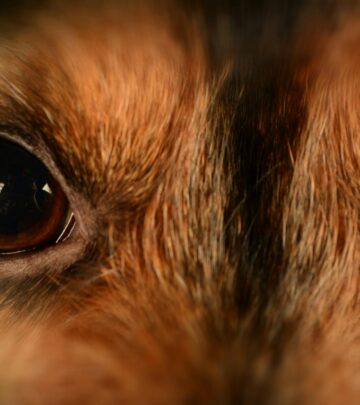
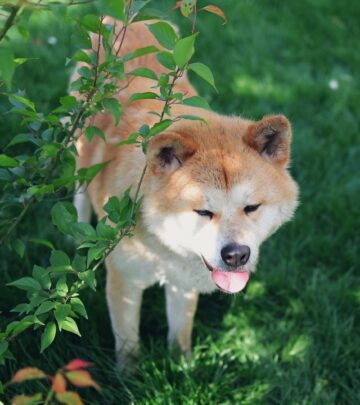

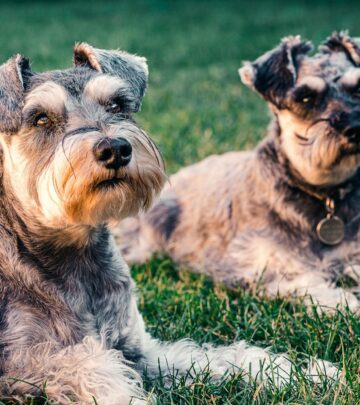
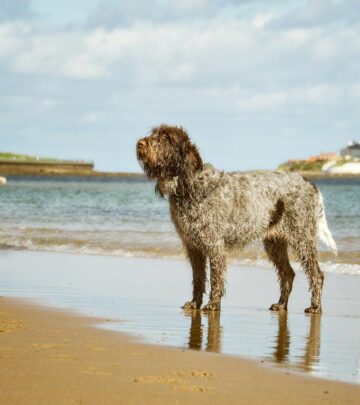


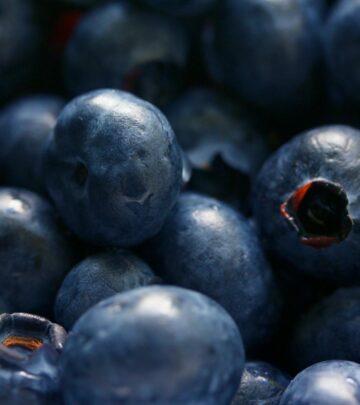






Community Experiences
Join the conversation and become a part of our empowering community! Share your stories, experiences, and insights to connect with other beauty, lifestyle, and health enthusiasts.